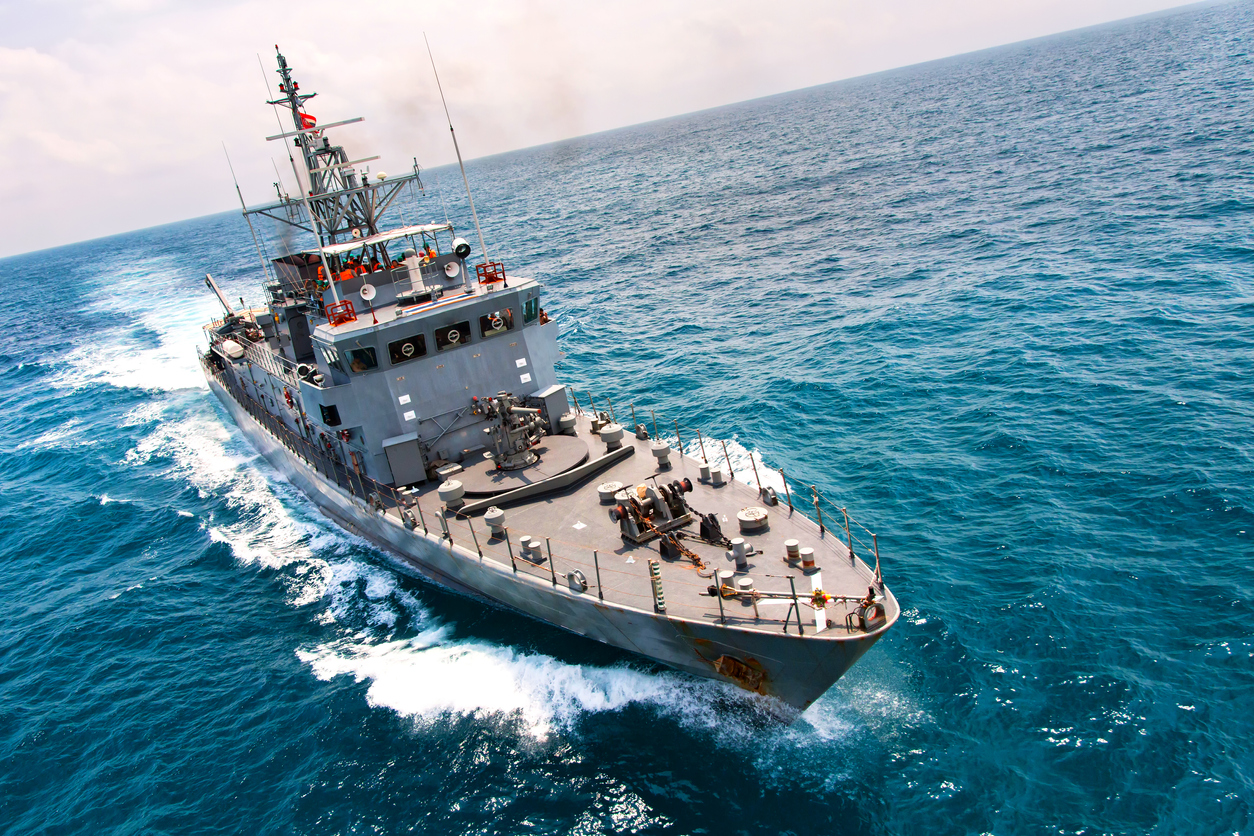Why Maritime Security Is Crucial In Nigeria
Why Maritime Security Is Crucial In Nigeria
Nigeria is one of the most trade-dependent countries in the world, with maritime trade accounting for 90% of its international commerce. With over 7,200 islands, Nigeria has almost three times as many islands as Canada or New Zealand. As such, marine transport is key to the economy. However, the risk of maritime terrorism and piracy in Nigerian waters remains a cause for concern. In addition to new security risks like cyberattacks on shipping companies, traditional threats persist and continue to threaten the future of global shipping through trade. With so many waterways and ports concentrated in one area, Nigeria is a prime target for attacks from pirates and other forces seeking to disrupt global trade. Read more about why maritime security is crucial in Nigeria END
Causes of Maritime Security Risk In Nigeria
The causes of maritime security risk in Nigeria can be traced back to a number of factors. First, geographical factors like a lengthy coastline, multiple ports of call, and abundant fishing grounds provide ample opportunity for hostile actors. In addition, the region has a history of political unrest, including sectarian and ethnic violence that has led to several maritime security incidents, including a number of hijackings and attempted attacks. Additionally, Nigeria is a common transit point for commodities, including oil, that are often the targets of maritime security attacks.
Why Is Maritime Security Important?
Maritime security is crucial to the Nigerian economy, given that the country is a net importer of most goods, with imports totalling $66 billion annually. The sector also accounts for over half of the nation’s employment. One of the most common threats to maritime security in Nigeria stems from piracy, a form of robbery that takes place at sea. Though often associated with the high seas and large cargo ships, piracy is a threat in all waters, including the coastal regions of the Gulf of Guinea, where Nigeria is located. Piracy in the Gulf of Guinea has been rising at an alarming rate. Specifically, the number of incidents of piracy off the coast of Nigeria has more than doubled, from three attacks in 2016 to seven in 2017.
Maritime Terrorism Risks In Nigeria
Though the Gulf of Guinea has seen a rise in piracy, the area has also become increasingly susceptible to maritime terrorism. Maritime terrorism refers to violent acts that occur at sea and are intended to coerce or intimidate governments or societies. A good example is the 2002 attack on the MV Limburg, a United States-flagged oil tanker that was targeted by a suicide bomber while off the coast of Yemen. There are multiple factors that make Nigeria an attractive target for maritime terrorism. First, the high concentration of ports in a relatively small geographic area makes it easier to access targets. Additionally, a large portion of Nigeria’s energy exports are shipped through the coast of the Gulf of Guinea, making these vessels prime targets for maritime terrorism.
Piracy Risks In Nigeria
Given the high level of maritime traffic in Nigerian waters, even a low level of piracy could have a significant impact on trade. As such, the Nigerian government has taken steps to combat the threat of maritime piracy. In 2016, the Nigerian government collaborated with several other regional countries in an effort to improve maritime security in the Gulf of Guinea and protect international trade from piracy. The Joint Gulf of Guinea Security Network (J-GNSN) brought together 17 countries that have coastlines in or near the Gulf of Guinea, including Nigeria. The goal of the J-GNSN was to bring the group’s collective resources to bear in the fight against maritime piracy, terrorism, and transnational crime.
Consequences of Ineffective Maritime Security
If the risk of maritime terrorism and piracy remains unmitigated, the consequences could be severe. Not only would the safety of seafarers be put at unnecessary risk, but trade could also be negatively impacted. The Gulf of Guinea accounts for more than 10% of the world’s crude oil production. These oil shipments account for the majority of the maritime traffic in the region, making them a prime target for maritime terrorists. If the threat of maritime terrorism is not addressed, it could lead to a significant loss in revenue for the Nigerian economy. Additionally, if the piracy threat continues to grow, shipping companies could be forced to reroute their cargo to other ports, leading to increased costs and decreased demand for Nigerian oil.
Conclusion
The risk of maritime terrorism and piracy in Nigerian waters remains a cause for concern. In addition to new security risks like cyberattacks on shipping companies, traditional threats persist and continue to threaten the future of global shipping through trade. With so many waterways and ports concentrated in one area, Nigeria is a prime target for attacks from pirates and other forces seeking to disrupt trade. An effective maritime security strategy relies on more than just securing the coastline, however. It also requires concerted efforts to combat cybercrime, as well as efforts to strengthen port security and protect vessels from attack.
END
## The End








LEAVE A COMMENT
You must be logged in to post a comment.